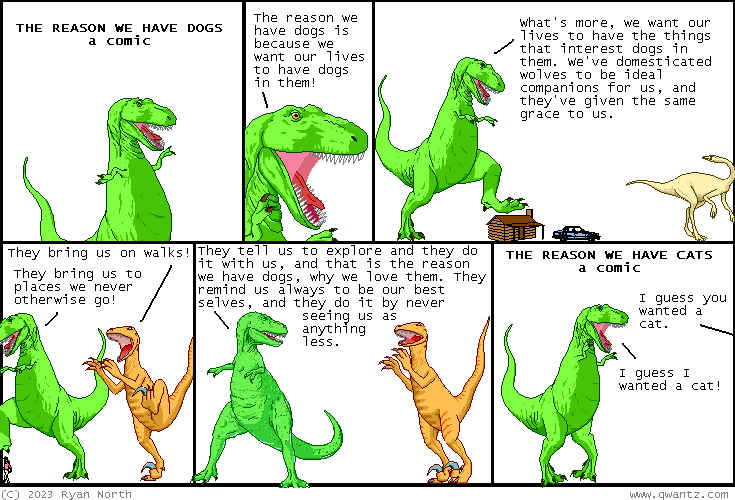Imagine being in Sderot, Israel and hearing Hamas rockets land near your home. You’re scared, you instantly take mental stock of your family members’ locations. Then you hear gunfire. Screaming. You recognise a scream. A few minutes later, you’re holding your daughter’s corpse. She’s still warm and will be for a while yet, but she […]
Reading
–What do we want?!
–WAGES.
–When do we want them?!
–NOW.
–What do we need?!
–BATHROOMS.
–When do we need them?
–NOW.
–Now, as in “without any further delay in negotiations” or now, as in “right this minute”?
–NOW, AS IN RIGHT THIS MINUTE.
–Is it an emergency?
–YES.
–One or two?
–POOPING.
–And we really can’t hold it?
–NO.
–Why didn’t we go earlier?
–WE DIDN’T HAVE TO GO THEN.
–Okay, no problem. Is the coffee shop across the street still letting us use their bathroom?
–YES.
–Then why don’t we go there?
–THEY DON’T OPEN FOR FIVE MINUTES.
–Jesus, we can’t wait five minutes?
–NO.
–Are we okay?
–NO.
–What’s wrong?
–DIARRHEA.
–What did we eat?
–NOTHING.
As a recent editorial in the Financial Times pointed out, the era of low interest rates is well and truly over. What does this mean for global capitalism? In the years between 2008 and 2022, the world became accustomed to extraordinarily cheap money. It all started when central banks cut interest rates following the financial […]

- by Aeon Video
The American surveillance state is a public-private partnership.
The post Why Big Tech, Cops, and Spies Were Made for One Another appeared first on The Intercept.

- by Christian Jarrett

- by Aaron Rock-Singer
Socialists have been hotly anticipating the end of capitalism since at least 1848, when Marx and Engels published The Communist Manifesto – but the Manifesto also reminds us that capitalism is only too happy to reinvent itself during its crises, coming back in new forms, over and over again. Now, in Technofeudalism: What Killed Capitalism, Yanis Varoufakis – the “libertarian Marxist” former finance […]
The post Cory Doctorow reviews my TECHNOFEUDALISM for truthdig appeared first on Yanis Varoufakis.
START your fundraising now for The Amazing Scavenger Hunt Scramble in support of Coffs Harbour Youth Community Radio 104.1 CHYFM. “We are launching The Amazing Scavenger Hunt Scramble now for those interested in being part of this event, with plenty of time to get their team together and start fundraising,” 104.1 CHYFM Station Manager Angie...
The post The Amazing Scavenger Hunt Scramble launched by 104.1 CHYFM appeared first on News Of The Area.
DARWIN-BASED artist Alana Hunt has been announced as the winner of the STILL: National Still Life Award 2023. Announced at the exhibition’s opening event on Saturday 7 October at Coffs’ Yarrila Arts and Museum (YAM), Alana Hunt’s winning work ‘… and fled swiftly (i and ii) 2022’ is a photographic digital print awarded the prize...
The post Darwin artist Alana Hunt wins STILL National Still Life Award 2023 appeared first on News Of The Area.
“INCREDIBLY rewarding” is how legendary local surfboard maker Mitchell Rae describes being inducted into the International Surfboard Builders’ Hall of Fame. “I am truly honoured,” Mitchell told News Of The Area. Advertise with News of The Area today. It’s worth it for your business. Message us. Phone us – (02) 4981 8882. Email us –...
The post Local surfboard maker inducted to International Surfboard Builders’ Hall of Fame appeared first on News Of The Area.
A MORNING tea was held recently to celebrate Pauline Cahill, a treasured member of QUOTA Pacific Coast who passed away in March 2023. QUOTA hosted the tea at Shearwater Lodge with members of the Board attending to share memories. Advertise with News of The Area today. It’s worth it for your business. Message us. Phone...
The post QUOTA pays tribute to the work of past member Pauline Cahill appeared first on News Of The Area.
THE Men’s Health Education Rural Van (MHERV) is back on the Coffs Coast providing free basic health screening. It will be in Sawtell in First Avenue on Friday 13 October and at Bunnings Coffs Harbour on Saturday 14 and Sunday 15 October from 9:30am until 3:30pm. Advertise with News of The Area today. It’s worth...
The post Men’s Health Education Rural Van is on the Coffs Coast providing free basic health screening appeared first on News Of The Area.
IT’S MACRO Muster time and the organising environmental charity, OzGREEN, is inviting residents to participate. The citizen science event in Bellingen takes place on Friday 20 October from 4:00pm until 6:30pm, followed by a free community dinner. Advertise with News of The Area today. It’s worth it for your business. Message us. Phone us –...
The post Join the Macro Muster – a citizen science adventure connecting the community appeared first on News Of The Area.
